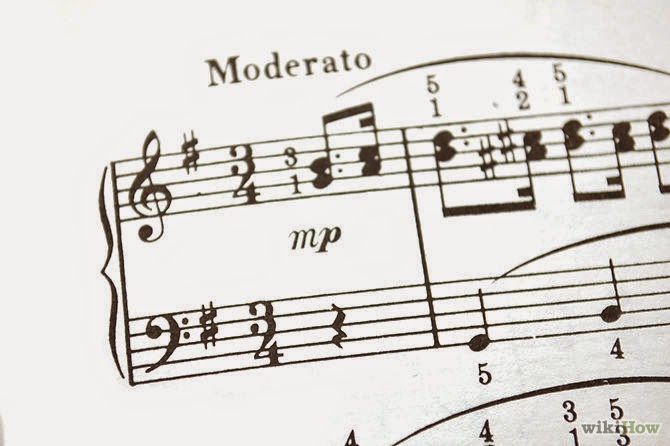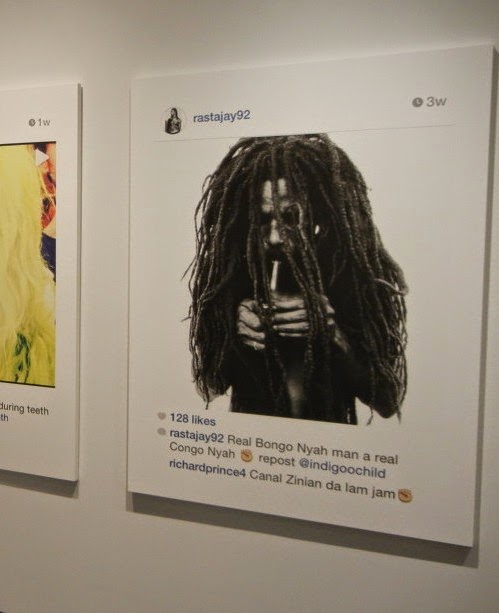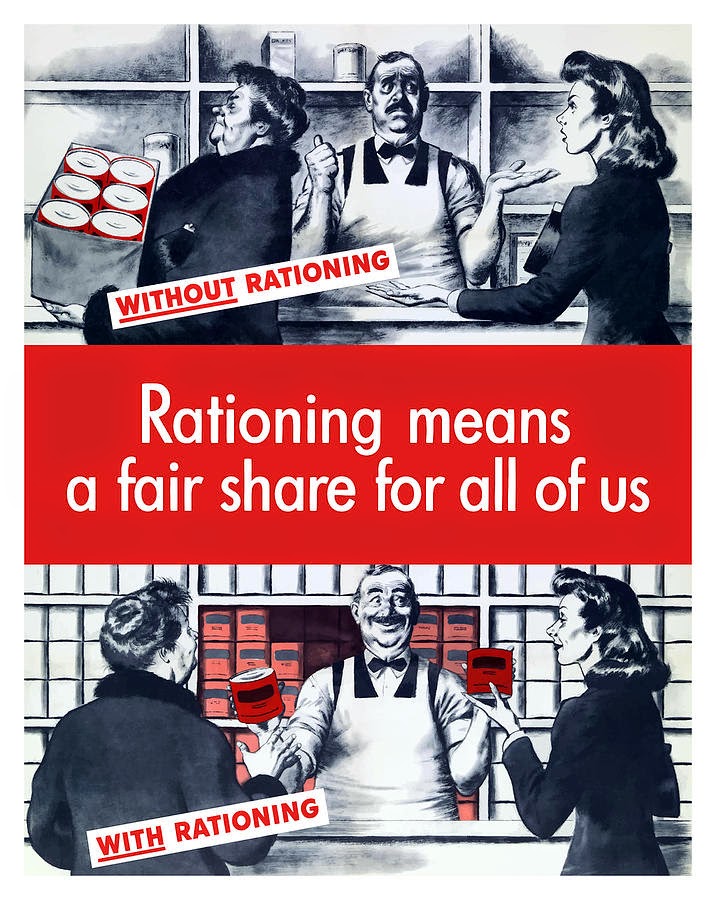PPL, the UK collection society which licenses use of recorded music on behalf of performers and record companies, brought 230 High Court cases against operators of leisure establishments for alleged copyright infringements in 2014, an increase of 10% on last year, according to analysis by the City law firm RPC. As this Blog has previously noted, The Football Association Premier League also increased the number of High Court cases it launched in 2014. It brought 36 cases, compared with five in 2013, as FAPL and Sky focussed pubs allegedly infringing copyright by broadcasting matches without an appropriate licence. More here.
 BRICS (Brazil, Russia, India, China) countries accounted for only 5% of global copyright license revenue for authors and composers in 2013, according to a report from the International Confederation of Societies of Authors & Composers (CISAC). The CISAC Global Collections Report also quotes industry data estimating the Chinese advertising market as one of the fastest growing in the world. Advertising revenue is a key reference indicator in determining collective licensing tariffs. Much of the growth in advertising revenue comes from online advertising, with the China Internet Network Information Center (CNNIC) separately reporting that China now has 649 million Internet subscribers.
BRICS (Brazil, Russia, India, China) countries accounted for only 5% of global copyright license revenue for authors and composers in 2013, according to a report from the International Confederation of Societies of Authors & Composers (CISAC). The CISAC Global Collections Report also quotes industry data estimating the Chinese advertising market as one of the fastest growing in the world. Advertising revenue is a key reference indicator in determining collective licensing tariffs. Much of the growth in advertising revenue comes from online advertising, with the China Internet Network Information Center (CNNIC) separately reporting that China now has 649 million Internet subscribers. Swedish songwriters have joined their UK counterparts in criticising the way in which the digital streaming pie is currently shared out, pointing out the unfair and unsustainable way in which royalties stemming from streaming services are being shared between different stakeholders - in particular the large share taken by record labels on their own behalf, and on behalf of recording artistes. Earlier this month Marty Bandier, head of Sony/ATV Music Publishing, used the Grammy's to argue that songwriters and publishers have been given an unpalatably small portion of the digital music pie, and the British Academy Of Songwriters, Composers And Authors (BASCA) launched a campaign called The Day The Music Died which stated that as the recorded music industry has shifted from CDs to downloads to streams, "songwriters and composers are now finding their livelihoods under dire threat". This view is now echoed by 133 Swedish writers who say the returns from the likes of Spotify and Deezer mean ""very few songwriters will be able to afford to create music other than as a hobby". CMU Daily estimated that in a typical business model, 30% of the income from subscription and advertising revenues are taken by the streaming service to cover non royalty costs, overheads and its own profit, record labels take 55-60% of gross revenues, leaving at the most 10-15% for songwriters and publishers - if that - with one report backed by CISAC saying the songwriting share can be as little as 3% and recommending upping the revenues shared by rights holders to 80% and rebalancing the shares taken for recorded music and the songs to an equal footing. More on the Guardian Blog by songwriter Helienne Lindvall and on potential US reforms here.
Swedish songwriters have joined their UK counterparts in criticising the way in which the digital streaming pie is currently shared out, pointing out the unfair and unsustainable way in which royalties stemming from streaming services are being shared between different stakeholders - in particular the large share taken by record labels on their own behalf, and on behalf of recording artistes. Earlier this month Marty Bandier, head of Sony/ATV Music Publishing, used the Grammy's to argue that songwriters and publishers have been given an unpalatably small portion of the digital music pie, and the British Academy Of Songwriters, Composers And Authors (BASCA) launched a campaign called The Day The Music Died which stated that as the recorded music industry has shifted from CDs to downloads to streams, "songwriters and composers are now finding their livelihoods under dire threat". This view is now echoed by 133 Swedish writers who say the returns from the likes of Spotify and Deezer mean ""very few songwriters will be able to afford to create music other than as a hobby". CMU Daily estimated that in a typical business model, 30% of the income from subscription and advertising revenues are taken by the streaming service to cover non royalty costs, overheads and its own profit, record labels take 55-60% of gross revenues, leaving at the most 10-15% for songwriters and publishers - if that - with one report backed by CISAC saying the songwriting share can be as little as 3% and recommending upping the revenues shared by rights holders to 80% and rebalancing the shares taken for recorded music and the songs to an equal footing. More on the Guardian Blog by songwriter Helienne Lindvall and on potential US reforms here.So what to do? Well here's a solution (maybe .......): Qtrax, which at one time looked like being a leader in the digital music market only to see its much lauded bubble, launched at the MIDEM conference in 2008, well and truly burst as the major labels refused to deal, is back! Qtrax is an advert-supported music player that "for the first time allows the users to download, stream and create a personalised radio channel all from one place" - and, crucially, all for free - that is relaunching at the end of the quarter with the twin aims of cracking down on music piracy and - yes, here's the twist - ensuring artists get paid for their work. The all new Qtrax will launch the Artist Manifesto and 30% of equity in the company will be set aside for an 'Artists Trust', while an additional 10% of royalties will be paid directly to artists and songwriters whose content is available on the service with Qtrax boss Allan Klepfisz telling The Telegraph: "There is something very wrong with the current model. The current economic structure is not likely to ever compensate the artist... But it's not that difficult for a paradigm shift to occur. Traditionally the record companies get equity in digital services, but no one has asked on behalf of the artists. This could become a de facto way of doing business".

































